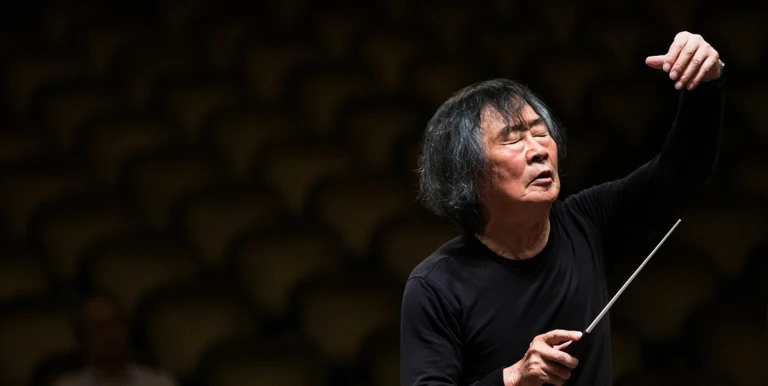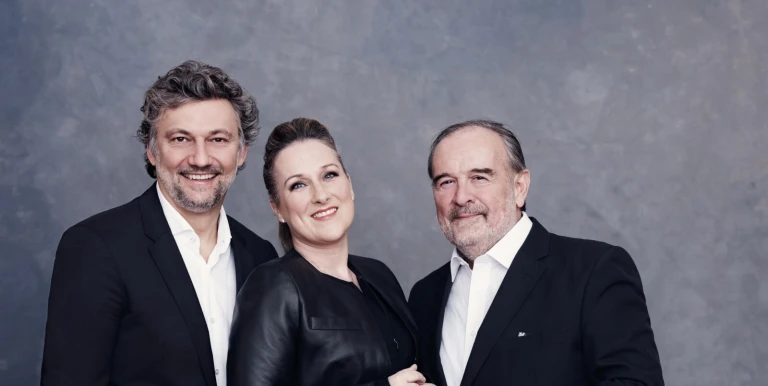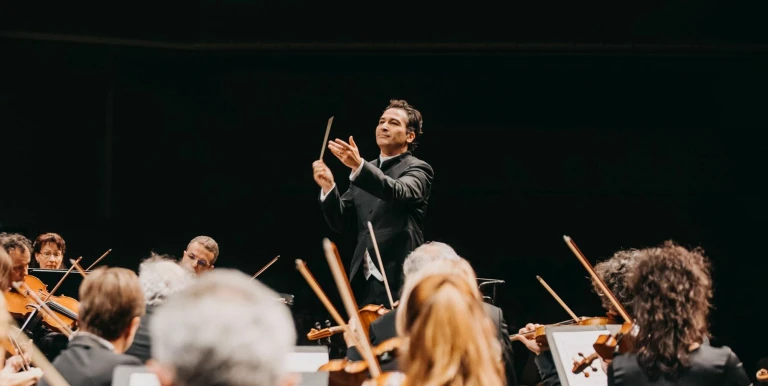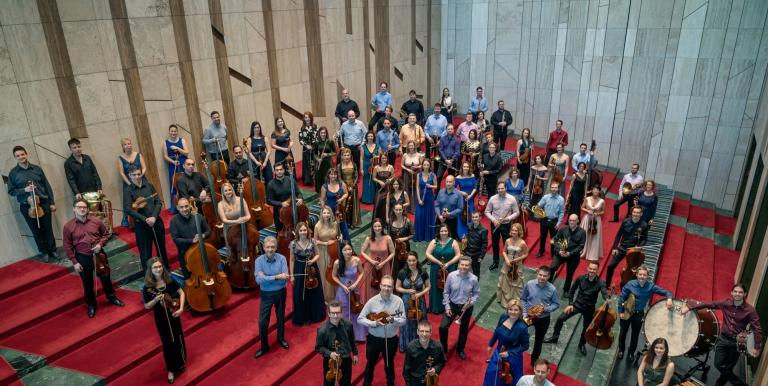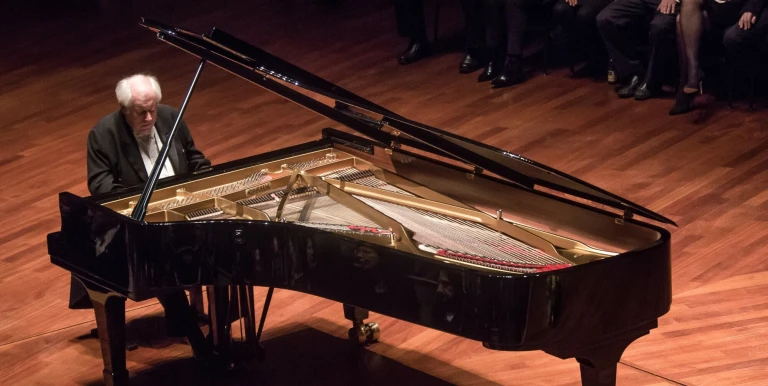Conductor:
Featuring:
Orff
Carmina Burana
Orff's large-scale oratorical composition based on a collection of medieval Latin poetry became one of the most popular classical music works of the 20th century. The piece's popularity rivalled that of rock music - truly a valid comparison as pulsating rhythm was also a defining element in Carmina Burana's new style of refined simplicity and archaic influences. The theme of the work deals with the wheel of fortune, wine and rapturous love. The conductor is the legendary Japanese wizard Ken-Ichiro Kobayashi, who has formed an intimate relationship with the Hungarian Philharmonic Orchestra. It promises to be a truly special evening!
Originally, the title Carmina Burana referred not to a piece of music, but rather a medieval (13th century) codex containing a collection of poetry. The texts, predominantly written in Latin and partially in Middle High German, Old French and Provencal, were found in the Benediktbeuern Monastery in Bavaria. In 1935/36, the German composer Carl Orff (1895-1982) set 24 verses of this goliardic poetry of scholars and monks to music, creating a large-scale cantata. The musical language of the work is characterised by rawness and directness; a modernisation of an imagined medieval style. A 'neo'-style, then, yet one that is still thrillingly and zestfully new, just like the numerous neoclassical works that Stravinsky composed around the same time. There is something magical about Carmina Burana, a feeling that is enhanced by the vital role of repetition in the work. This remarkably stirring, hypnotising music never fails to hit the spot. Ken-Ichiro Kobayashi, a one-time winner of the Budapest International Conducting Competition, has been a favourite of Hungarian audiences for half a century. Kobayashi guarantees thrills in every genre and style, though he is always most at home when dealing with monumental oratorical compositions that require large musical forces. So we can be sure that under his baton, the true sorcery of Carmina Burana will be brought to the fore.
Presented by: Hungarian National Philharmonic
-
We wish to inform you that in the event that Müpa Budapest's underground garage and outdoor car park are operating at full capacity, it is advisable to plan for increased waiting times when you arrive. In order to avoid this, we recommend that you depart for our events in time, so that you you can find the ideal parking spot quickly and smoothly and arrive for our performance in comfort. The Müpa Budapest underground garage gates will be operated by an automatic number plate recognition system. Parking is free of charge for visitors with tickets to any of our paid performances on that given day. The detailed parking policy of Müpa Budapest is available here.

